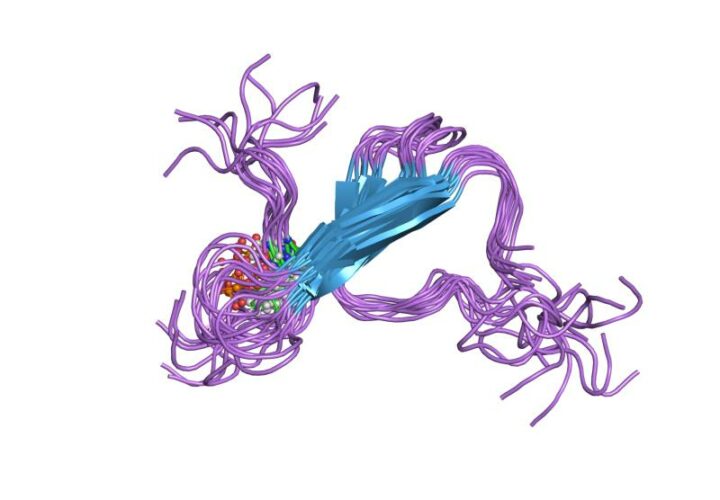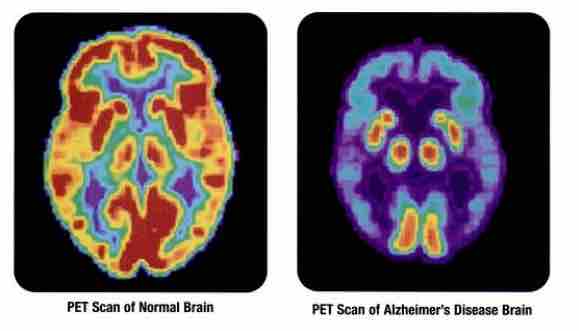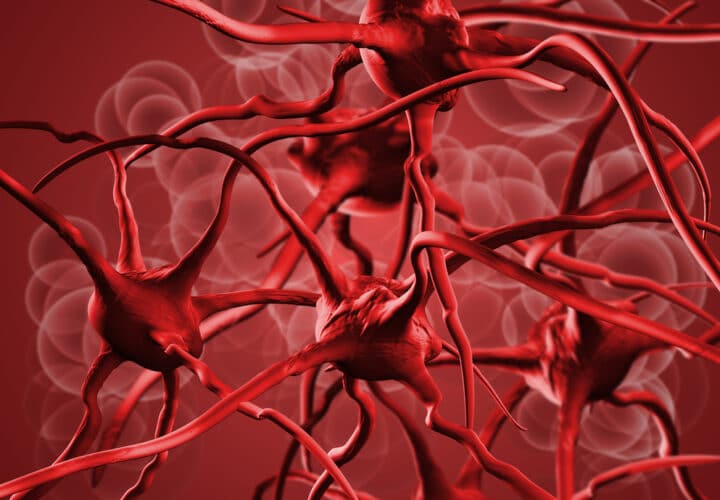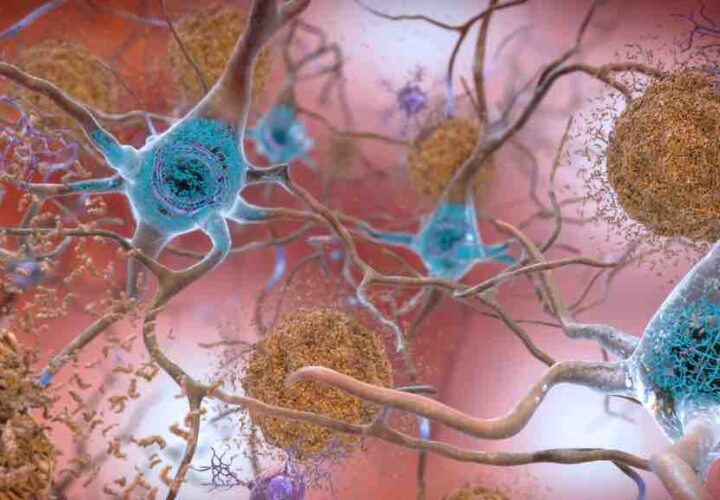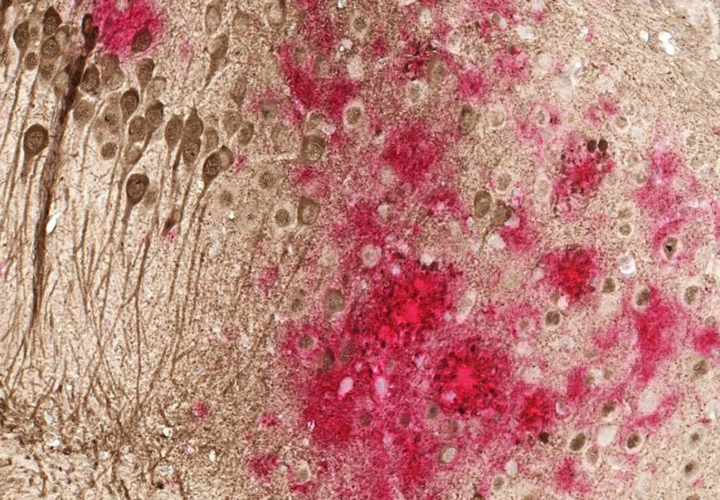The basket trial brings together patients who have different types of dementia, but are linked by what’s believed to be a similar pathology: tau protein.
In a new study published in JAMA Neurology, researchers reported the first results of an initial basket trial for neurodegenerative diseases. The trial brings together patients who have different types of dementia, but are linked by what’s believed to be a similar pathology: tau protein.
The study examined 94 patients who had been diagnosed with one of three conditions associated with tau buildup: Alzheimer’s disease, progressive supranuclear palsy (PSP) or corticobasal syndrome (CBD).
In the study, the researchers tested a drug known as TPI-287 across these three diseases with a common tau pathology. They honed in on tau protein because it appears to be a common underlying cause for not only Alzheimer’s, but various other conditions like frontotemporal dementia or chronic traumatic encephalopathy (CTE) as well. Tau is currently considered one of the main drivers of Alzheimer’s disease and dementia, and is one of biggest areas of focus for researchers developing drugs.
In the basket trial, the researchers found that patients with CBD and PSP tolerated TPI-287 better than patients with Alzheimer’s. In particular, patients with Alzheimer’s experienced severe allergic reactions to the drug compared to the other trial participants.
“The basket approach taught us something very important: some tau-directed therapies might be safer in one tau-related disease than another,” Dr. Adam Boxer, Endowed Professor in Memory and Aging at the University of California San Francisco (UCSF) Department of Neurology and director of UCSF’s Neurosciences Clinical Research Unit, said in a news release.
“If we can learn this kind of lesson early on in the course of developing a drug, it can potentially save us time and effort in deciding which tau disease might best respond to a given therapy,” he added.
The Potential of Basket Trials
The idea of the basket trial began in cancer trials. Researchers noticed that while there’s a myriad of different types of cancers, common pathologies existed between them. This means that testing drugs on different types of cancer patients with that common pathology may illuminate what therapy could work best for them.
“In cancer, basket trials have applied the same drug to multiple cancers for which a drug wasn’t originally intended,” Boxer said.
“In this way, cancer researchers, using precision medicine, have quickly and efficiently identified people who will respond to a drug,” he continued. “We are attempting to bring the same precision medicine approach to patients with neurodegenerative disease.”
In another clinical basket trial underway at UCSF, researchers are testing the safety of a new drug known as gosuranemab, which targets misfolded tau proteins. They’re measuring its effects on patients with four different types of diseases related to tau protein, including corticobasal syndrome, nonfluent variant primary progressive aphasia, tau mutation carriers and CTE.
Despite the high hopes Boxer has for the power of precision medicine in treating neurodegenerative diseases, he says “we’re probably a decade or two behind our oncology colleagues in developing treatments for dementia.”
He adds, though that researchers hope to see accelerated progress due to basket trials.
“Over the next few years, we expect to see some very exciting new high-tech therapies to treat tau-related diseases,” Boxer said, identifying potential new treatments like gosuranemab and genetically altering tau production in the brain.
